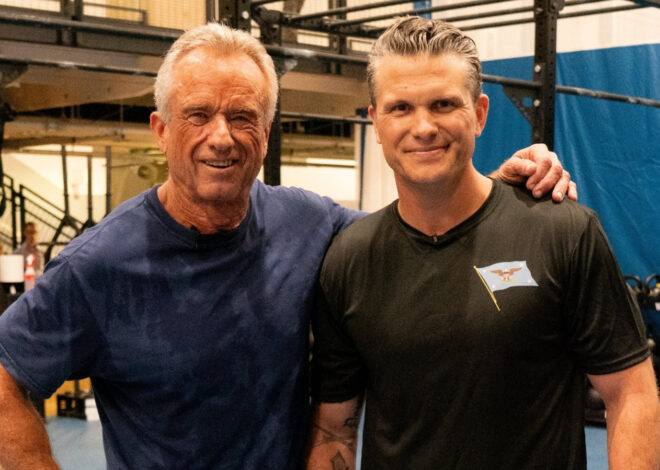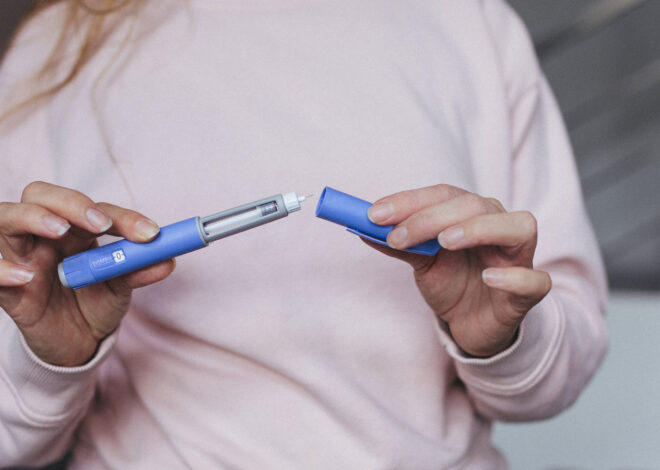
When You Stop Eating Carbs, This Is What Happens To Your Metabolism – Health Digest

You’ll lose weight after 30 days on a ketogenic diet, but you’re also more likely to lose muscle mass, according to a 2021 review in Critical Reviews in Food Science and Nutrition. Out of 13 controlled trials involving 244 people, keto diets caused a greater loss of fat-free mass (i.e., muscle) compared to non-keto diets, even if people engaged in resistance training.
A high-protein diet might also cause you to lose some lean body mass, but not as much as a lower-protein diet. A 2022 article in Obesity found that people eating up to 79 grams of protein a day on a calorie-restricted diet lost about the same weight as those eating 58 grams per day, but the higher-protein dieters lost less muscle.
Over time, your metabolism might slow as a result of restricting carbohydrates. Per a 2017 article in the American Journal of Physiology, low-carb diets make the body store less energy, which might lead to feeling tired and burning fewer calories. Although this study was conducted on fruit flies, the researchers suggested that a low-carb diet could induce metabolic depression in the long term.


